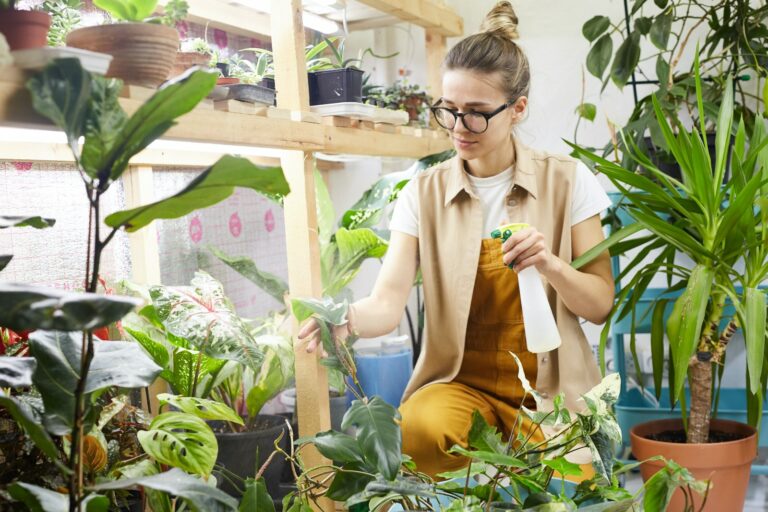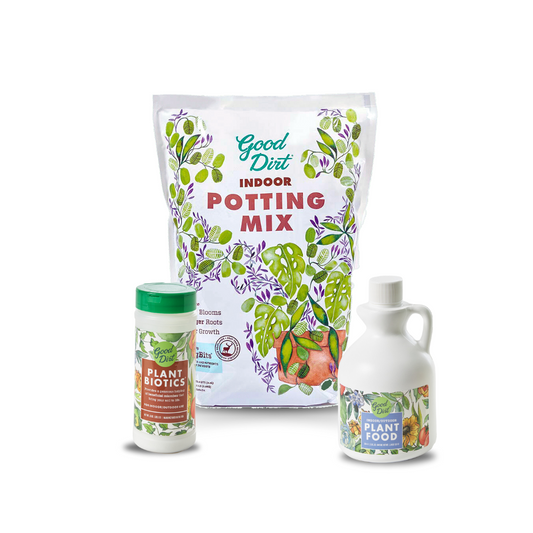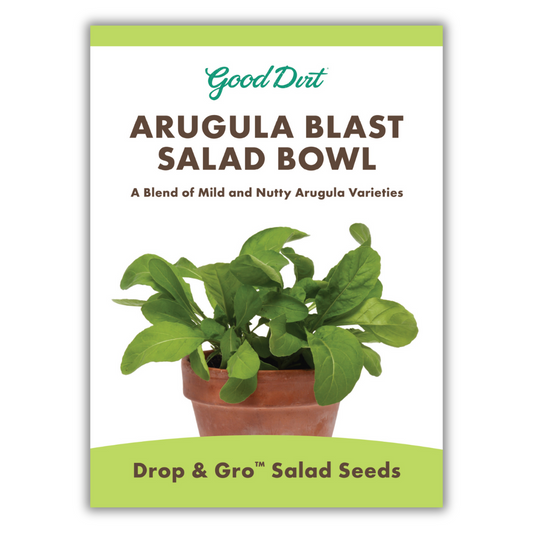The activity of gardening has been around for much of human history. For some though, gardening has become more than the necessary process of growing food — it serves as a space for relaxation and connection. Today, research shows how gardening and being in nature can improve mental well-being and provide benefits in day-to-day life.

The Biophilia Hypothesis
The Biophilia Hypothesis suggests that humans have an innate drive to seek connections with nature and other forms of life. The term biophilia comes from the Greek “philia” meaning “love of” and translates to “love of living things.”
Harvard biologist Edward O. Wilson popularized the term; he argued that humans are inherently connected to nature and emotionally attracted to the natural world. Wilson reasoned that our biological makeup can only fully develop when we are focused on life and life-like processes.

Nature, Gardening, and Mental Health
Thanks to researchers and practitioners that study the correlations between nature, gardening, and mental health, we now know that those who spend time participating in these activities can enjoy an improved wellbeing.
Here are a few ways spending time in the garden can help build your mental and physical health.
Elevate Your Mood
Gardening can make you feel peaceful and content! According to Dr. Charles Hall, a horticulture and economics specialist from Texas A&M University, being around plants has proven to reduce stress and anxiety. Outdoor gardening also exposes people to sunshine and higher amounts of Vitamin D. As an instrument in the synthesis of serotonin (the chemical in the brain that induces happiness), Vitamin D is important in helping you feel your best!
Community Bond
According to Dr. Hall, interacting with nature around us helps us strengthen our community bonds. For example, a group of children working together to plant and create something meaningful will result in an improved bond between them. We can form higher emotional and spiritual connections with other gardeners who share in our experiences that may even cross over into other areas of our lives.
Connecting to the Earth
Having a garden is one way to experience a deep relationship with the ground we tend, therefore increasing the feeling of responsibility we have towards the factors that affect it. This can promote earth-friendly habits! Experiencing in real time natural processes such as changing seasons can create a more intimate and meaningful connection with the ground beneath us and to world around us.
Physical Activity
Gardening and plant care provides us with an opportunity for physical activity and distracts the mind from things that are stress inducing. Moving your body regularly is an effective way to boost mood and reduce anxiety, and things like weeding, digging, and raking are great exercise. Dr. Hall further states that in addition to having an urge to be surrounded by nature, humans tend to be in a more relaxed state in a greener environment.
Getting into nature is returning to ourselves as we reach down towards our roots once again. Bringing nature inside and nurturing plants outdoors helps remove us from our ego and connect us with the earth we call home.
Garden therapy looks different for everyone — children might learn about what it is to nurture and tend to another, adults may learn what it is to slow down and release their stressors. Spending time tending to our plants teaches us mindfulness, encourages patience, provides a space for kindness, and allows our minds and bodies to fulfill their innate desire to meld with the world around us.
At Good Dirt, gardening is our therapy — our lifestyle. We love listening to music while in the yard, caring for the food we plant, harvest, and prepare. The memories we create with friends and family in our outdoor space are cherished for years to come.





